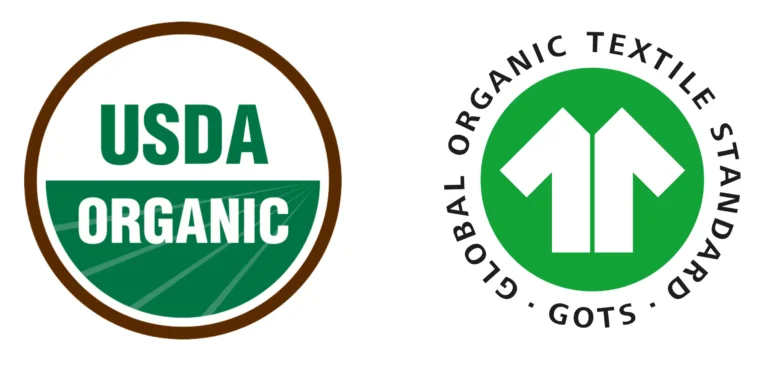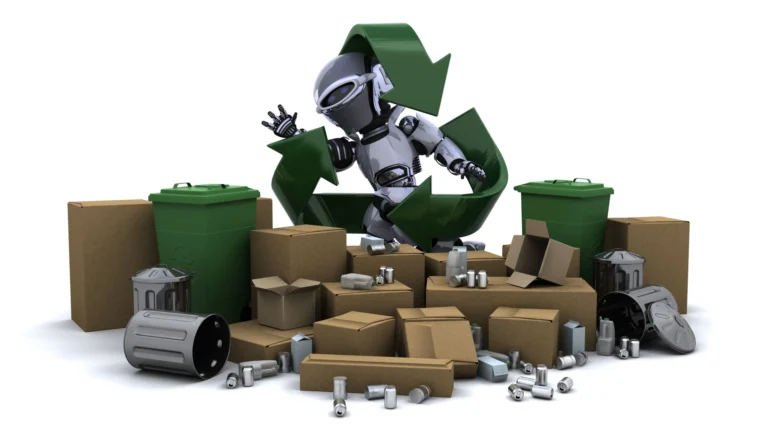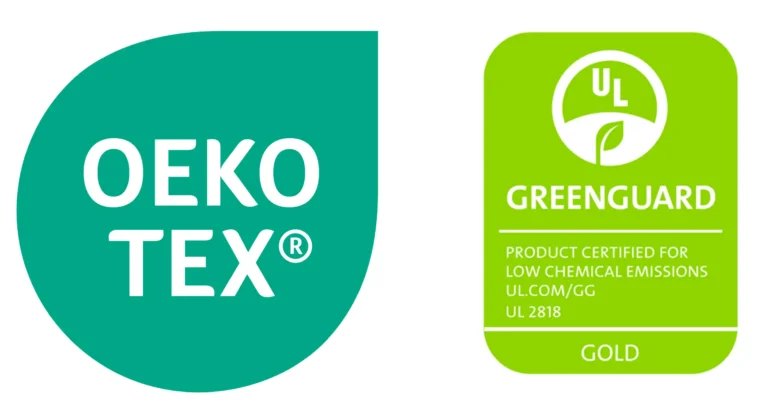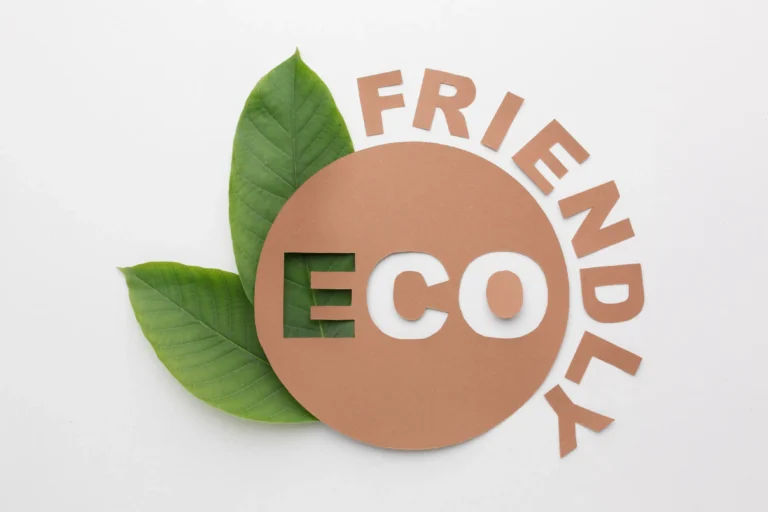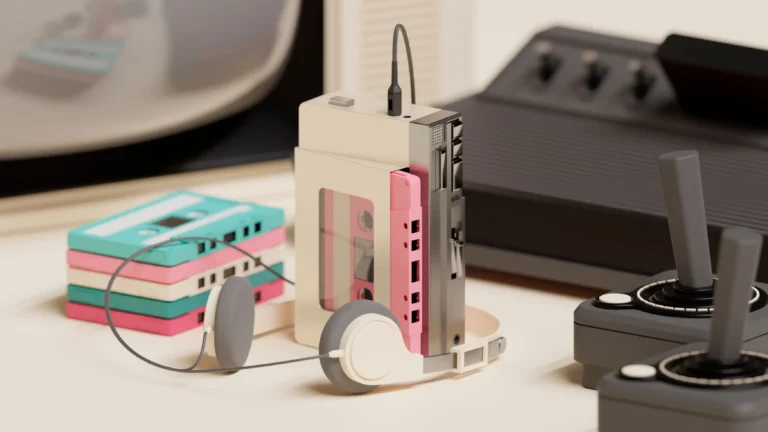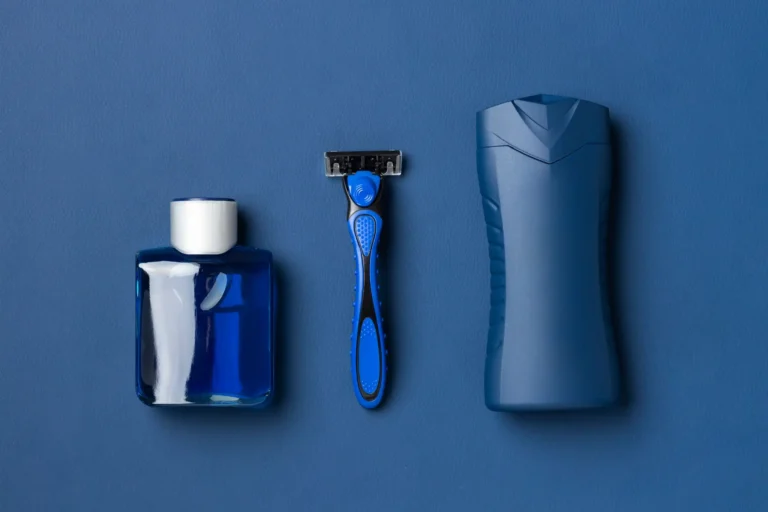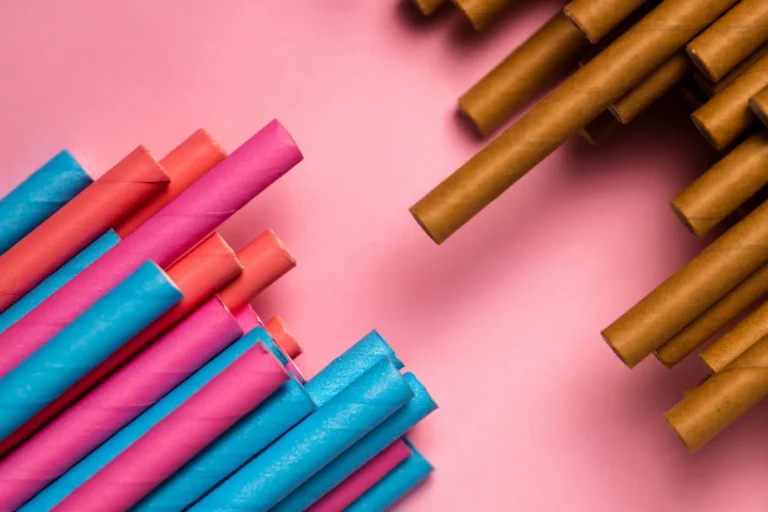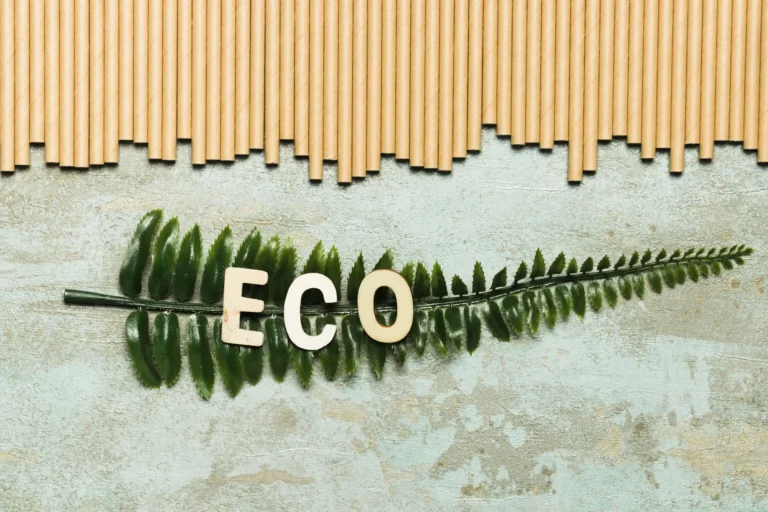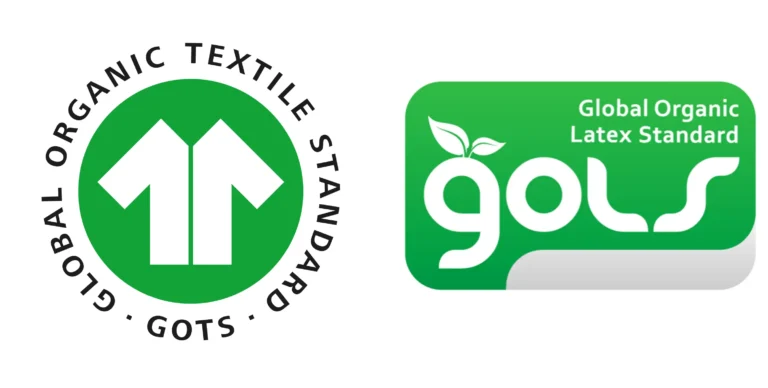USDA Certified vs GOTS Certified: What’s the Difference?
The term “Organic” is all the rage among eco-conscious consumers. Whether its food items, cosmetics or textiles, every responsible person wants to choose products that are produced and processed in the cleanest way, i.e. free from harsh chemicals. And to assist you in investing in genuinely organic textiles, certifications like USDA and GOTS are at…
